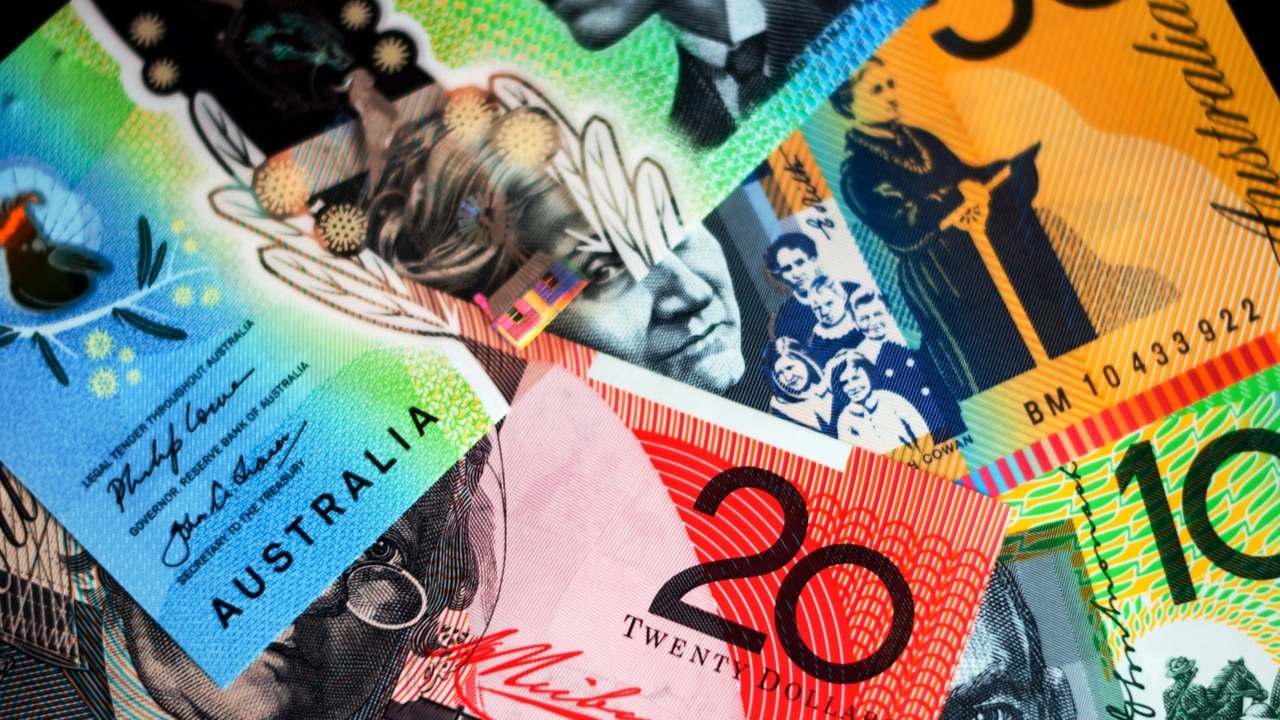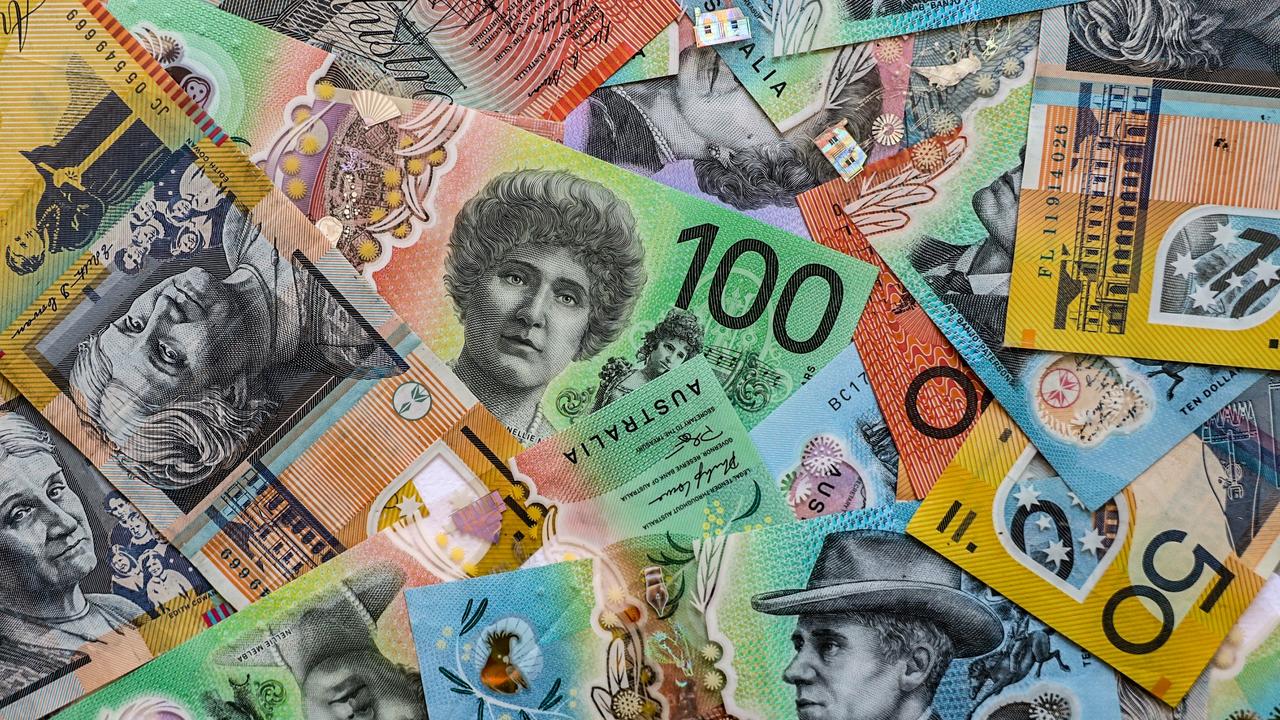Australian Prudential Regulation Authority reveals more than $37bn has been sapped from super during pandemic
The country’s prudential regulator has revealed how much money has been sapped from retirement funds through the early release of super.

Super
Don't miss out on the headlines from Super. Followed categories will be added to My News.
More than $37bn has been sapped from retirement funds through the federal government’s early release of superannuation scheme.
The Australian Prudential Regulation Authority has revealed $37.3bn has been requested in hardship claims over the life of the assistance measure, with 4.9 million applications being lodged with the tax office throughout the last calendar year.
Early release was key a support measure implemented by the Morrison government during the coronavirus pandemic. It allowed Australians to access up to $20,000 in both the previous and current financial year.
Access to the scheme closed on December 31, 2020, and APRA noted about 98 per cent of applications had received payments.
Industry Super Australia chief executive Bernie Dean said the government’s scheme had impacted younger workers who were likely going to be poorer at retirement.

“Super is not a cookie jar for government to raid to solve short-term budget problems, nor is it for housing,’ Mr Dean said.
“Busting into super early comes at a steep cost for the individual and future taxpayers. As a society we shouldn’t be demanding our young people pay the price yet again.”
According to ISA, 725,000 people have effectively drained their superannuation accounts through the scheme.
Major industry funds AustralianSuper, Hostplus, REST, SunSuper and Cbus were the most affected and made up nearly half of all the funds withdrawn from the country’s near $3 trillion savings pool.
Mr Dean said the sapping was another reason why the scheduled superannuation guarantee rise to 12 per cent needed to occur and not be scrapped like some federal Liberal/ National backbenchers are calling for.
“The Australians who made the difficult decision to sacrifice their retirement savings to support themselves during a pandemic did so knowing the Prime Minister had pledged to lift the super rate,” he said.
“It is vital the super rate goes up to 12 per cent to help them make back what they have lost. It would be a cruel blow to these workers if a group of backbench MPs, who all pocket 15 per cent, got their way and the government cuts super.”

The average amount accessed was $7638, with processing times usually taking 3.3 days. About 1.4 people made repeat applications in both the 2020 and 2o21 financial years.
“The top 10 funds with the highest number of applications received accounted for 66 per cent of total early release payments and made 96 per cent of payments within one to five business days,” APRA said in a statement.
“Less than 8000 applications … were still in process at 31 January, 2021 – many because funds had been unable to contact applicants to finalise payment.”
Despite beefing up the balance sheets of everyday Australians, the scheme has attracted negative attention for a lack of oversight in the first tranche, where the eligibility of applicants wasn’t scrutinised.
To be eligible, a person needed to prove that they had lost their job or experienced a reduction in earnings since the start of the pandemic.
The Australian Taxation Office has previously announced it is investigating individual cases where it believes a fraudulent claim could have been made.
Spending data during the height of the scheme showed the funds were mostly spent on discretionary items and paying down existing debt such as credit cards.
Originally published as Australian Prudential Regulation Authority reveals more than $37bn has been sapped from super during pandemic



